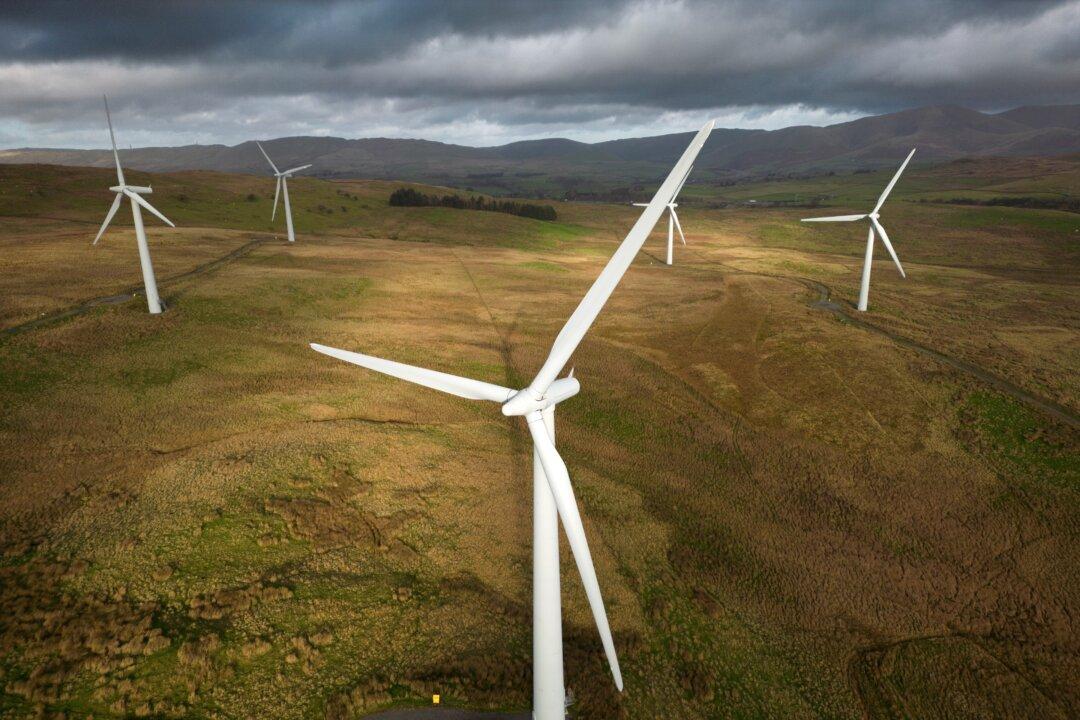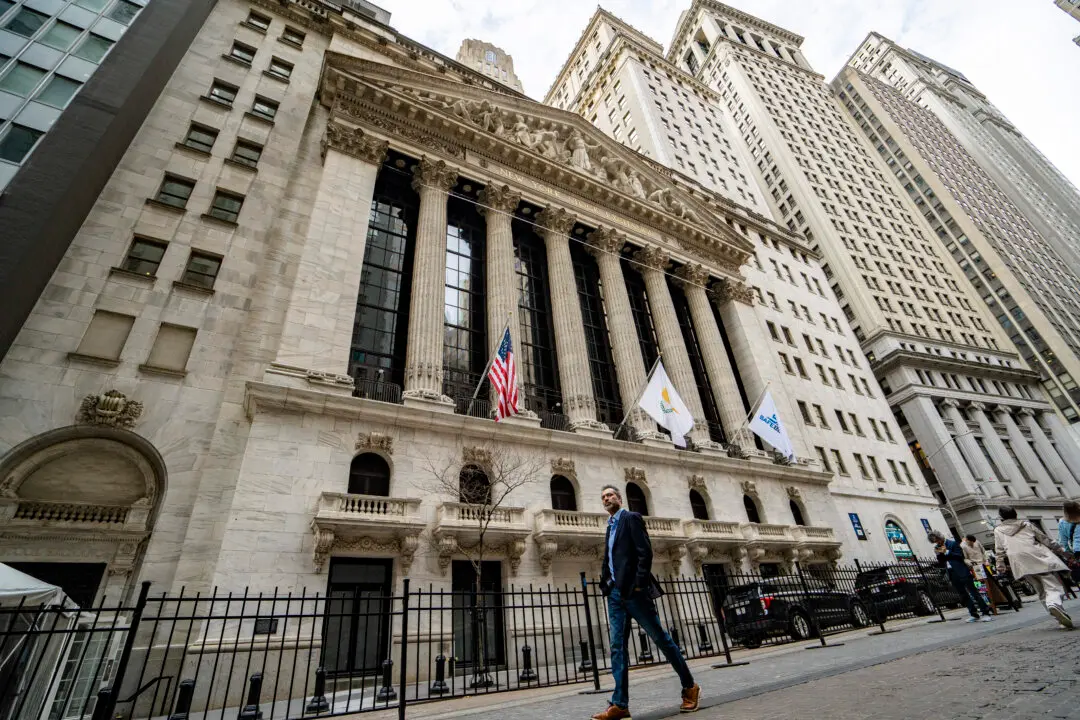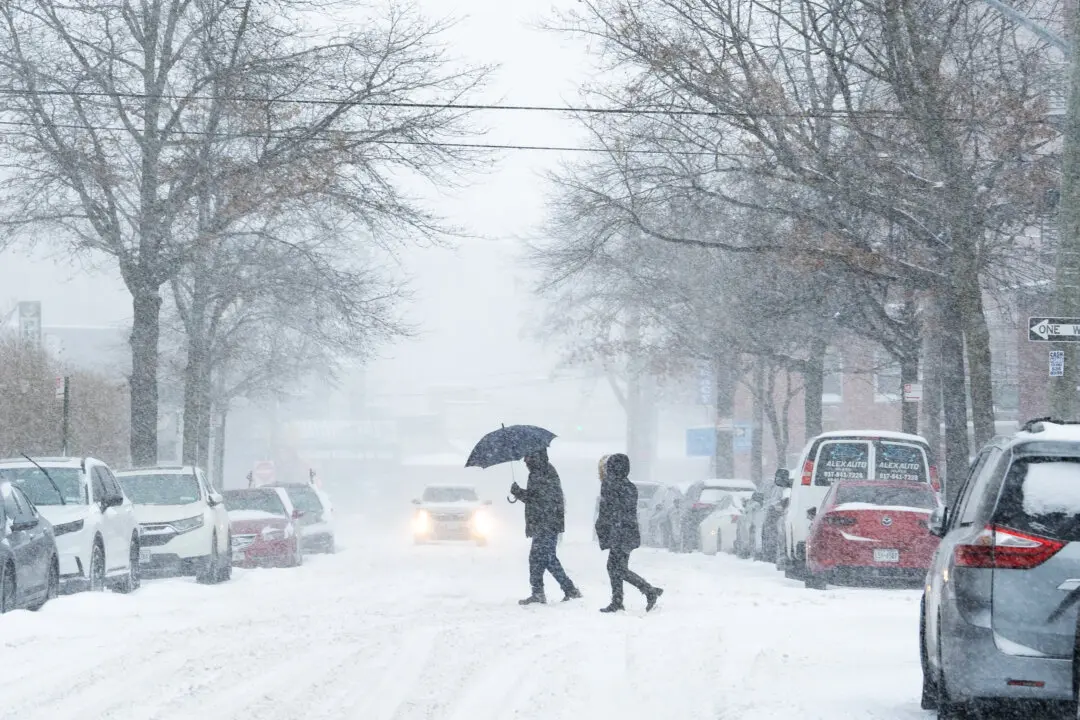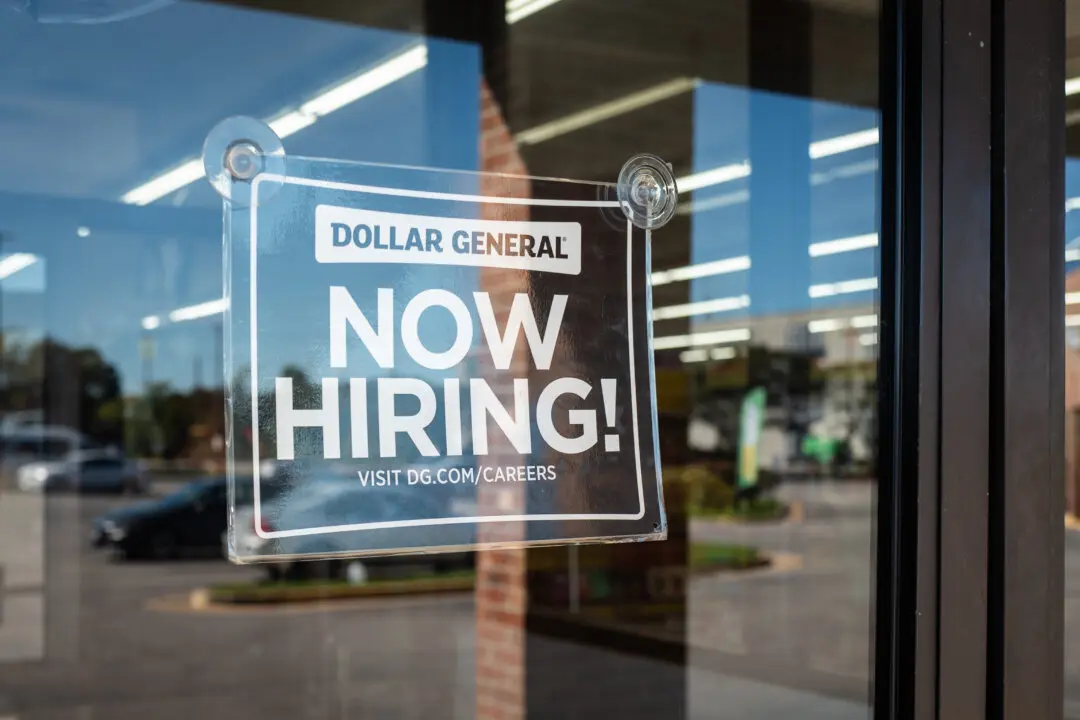Climate change will keep inflation stubbornly high and result in low investment returns for an extended period, Nicolai Tangen, the head of Norway’s $1.3 trillion oil fund, is warning.
Tangen told the Financial Times on April 25 that “inflation is going to be tough to get down,” alluding to a multitude of factors, such as rising labor costs and higher food prices. These, he noted, could keep inflation elevated for years.





